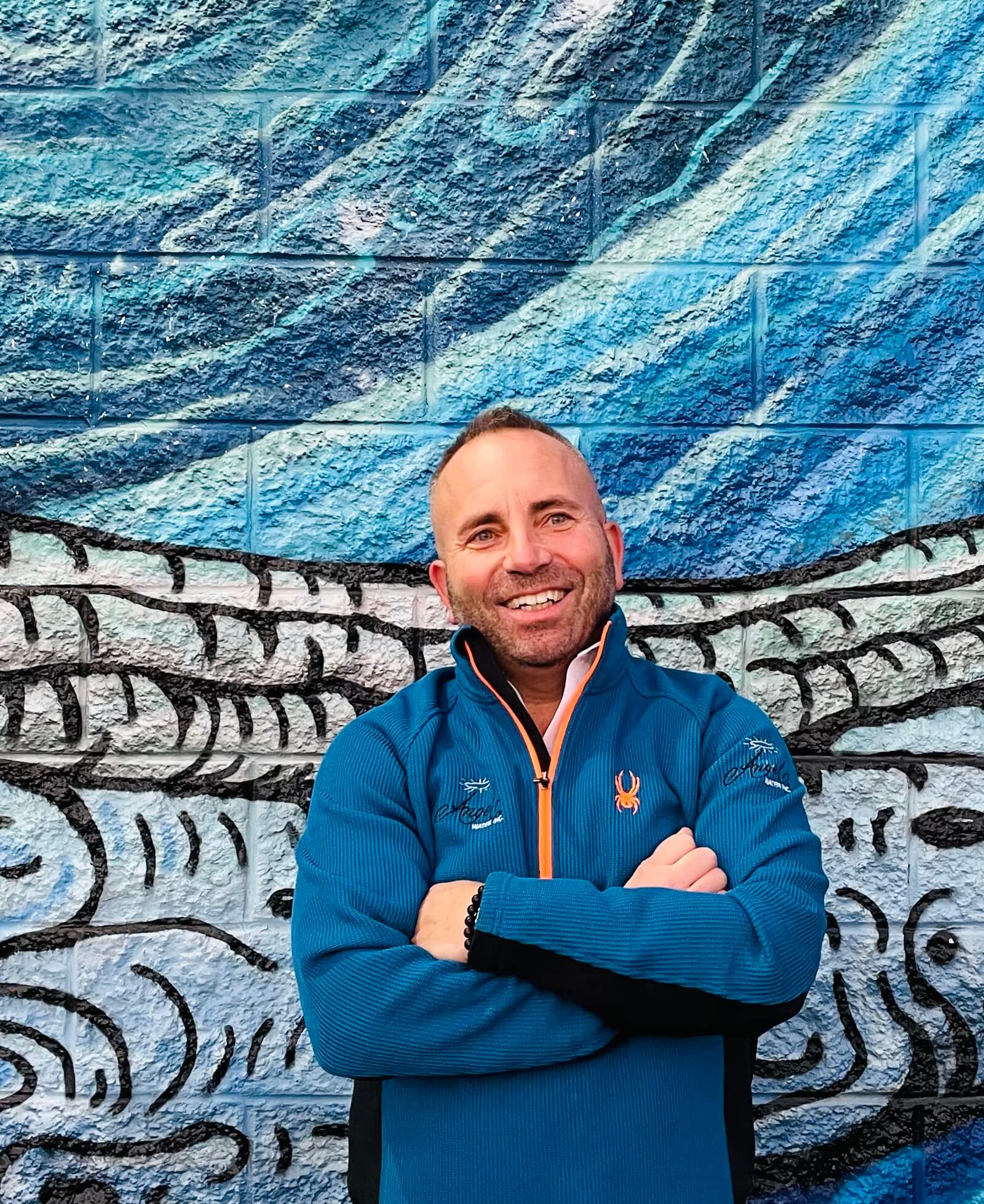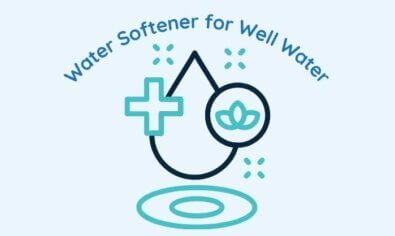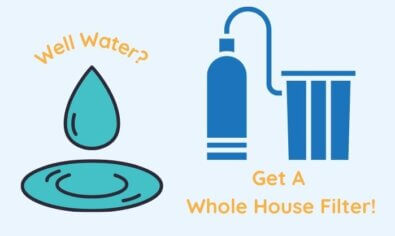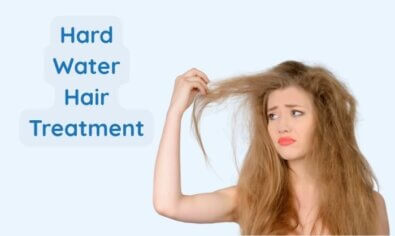Is Bottled Water Bad for Us and Can Drinking Water Systems Help?
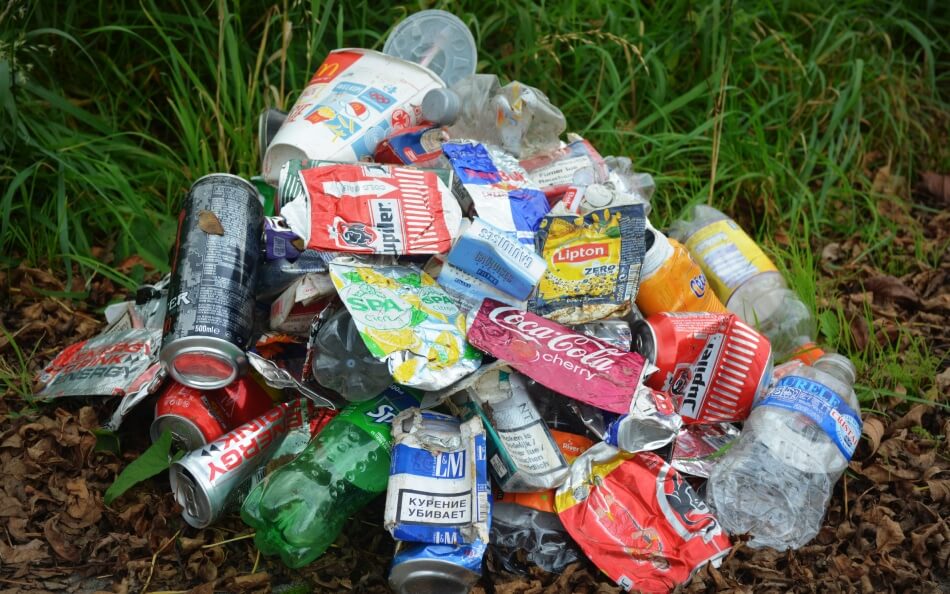
A drinking water system from Angel Water will provide you healthier water, reduce your impact on the environment, and cost you less on an annual basis.
Few industries have perfected their marketing techniques the way the bottled water industry has.
“Pure water. Perfect taste,” says the label on Pepsi’s Aquafina brand. “Pure as the driven snow!” proclaimed a marketing campaign for Ice Mountain, Nestle’s Midwest brand of “natural spring water.” Poland Spring, Nestle’s “natural spring water” brand in the Northeast, meanwhile, claimed to be the “best tasting water on earth.” All of this branding is set in crisp white lettering against bold blue backgrounds, with logos hovering below serene images of arctic glaciers and majestic snow-topped mountains.
Nothing could seem cleaner, healthier, or more convenient. “Why bother worrying about unclean tap water and dealing with complicated drinking water systems when I can just pick up some bottled water at the store?”
But the reality is that bottled water is hurting our planet, it’s costing you big, and it isn’t actually any better for you than tap water—if it even is anything other than just tap water in that bottle.
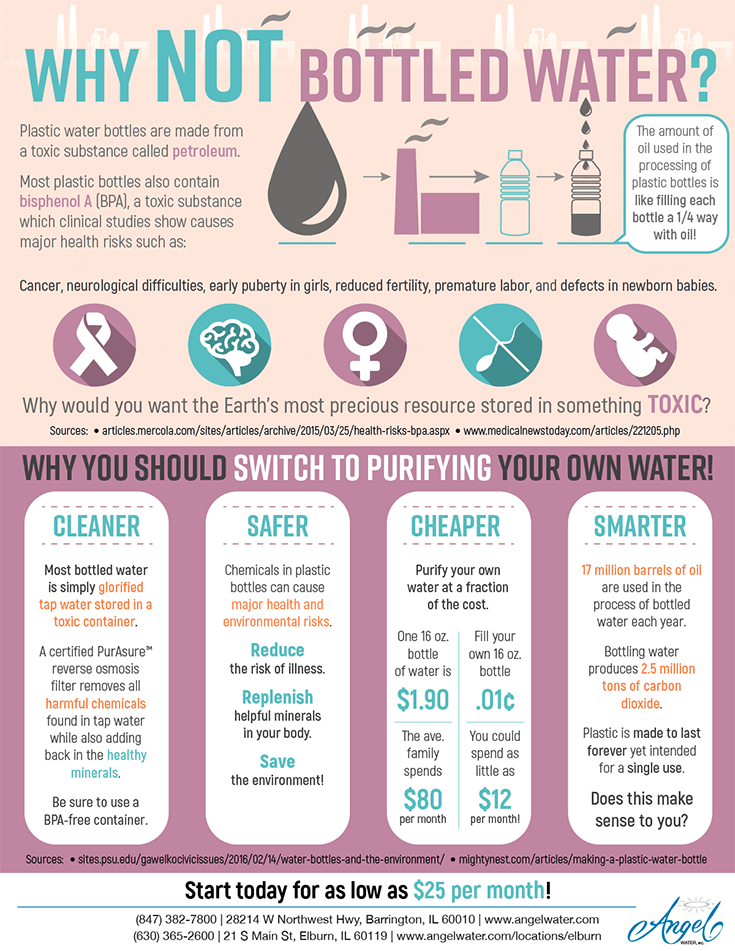
Bottled Water Harms the Earth
To sell bottled water, you need to first produce bottles, then put water in the bottles, and then put that product into stores. That probably seems both obvious and simple, but while 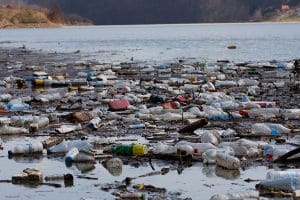 it may be obvious, it definitely isn’t simple. Most Americans have at least some vague idea that producing bottled water is probably bad for the environment, but few are aware of just how bad.
it may be obvious, it definitely isn’t simple. Most Americans have at least some vague idea that producing bottled water is probably bad for the environment, but few are aware of just how bad.
First, you need to get the water. Assuming that the water is actually sourced from nature as most of the companies claim, this spring water has to be pumped from groundwater sources which are often environmentally sensitive and connected to the surrounding surface water system. This pumping can often remove water faster than it can be replaced, causing the watershed to lose water and nearby waterways to experience changes in water flow, potentially damaging ecosystems and infrastructure. Residents of Mecosta County, Michigan, for example, had to wage a ten-year legal battle against Nestle to finally get the water mining and pumping operation there scaled back to where it wouldn’t be causing so much irreparable harm.
Then the plastic bottles themselves need to be made, the water needs to be put into the bottles, and then they need to be shipped to distribution plants and then stores all across the country. Every step of this process, of course, is extremely resource-intensive, involving exorbitant water and fuel consumption. A 2007 study revealed that the process of putting bottled water on shelves used 32 to 54 million barrels of oil that year—enough oil to power 1.5 million cars for a whole year.
In addition to fuel, the process also itself uses more water to produce a bottle of water than is in that bottle. Every liter of bottled water is estimated to use up about two liters of water to make the bottle and bottle the water. That’s a lot of water to be wasting, especially if, like Nestle, you’re doing this in areas of California that are experiencing serious droughts.
As if the production of bottled water isn’t bad enough, the aftermath is no better. Only a one-fifth of water bottles in the U.S. are recycled, while the rest have created 2 million tons of waste crowding our landfills.
If, however, you drink tap water from home drinking water systems, then much of this waste is eliminated. No watersheds being depleted, no wasteful bottling and shipping, no plastic bottles littering our world.
Illinois Water Utilities have been reporting some gross contaminants!
Check out the concerning contamination that has been reported by public water utilities in Illinois!
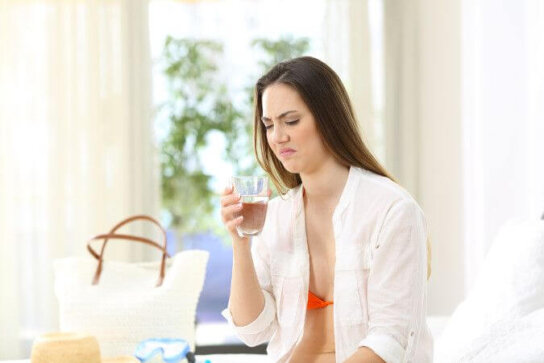
You Pay More and Get Nothing in Return
Tap water costs, on average, $0.002 to $0.003 per gallon. Bottled water, by contrast, costs between $0.89 and $8.26 per gallon. So, you may be paying thousands of dollars more than you have to, burning a hole in your wallet—but are you at least rewarded for your investment?
It doesn’t appear so.
A four-year review conducted by the National Resources Defense Council found that 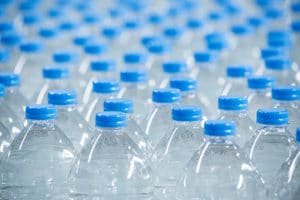 bottled drinking water is no safer than tap water, with extensive testing revealing that it tests positive for pathogens at about the same rate as the water coming out of your faucet.
bottled drinking water is no safer than tap water, with extensive testing revealing that it tests positive for pathogens at about the same rate as the water coming out of your faucet.
Not only that, but the review also found that, according to both government and industry estimates, one quarter of all bottled water is merely bottled tap water, “sometimes with additional treatment, sometimes not.” This is what it means when it says “derived from a municipal water source” or something similar on the label or under the cap.
This is because, while tap water has to meet federal, state, and local regulations, bottled water has all sorts of regulatory gaps and loopholes to exploit. For example, while the FDA is in charge of overseeing water sold nationally, individual states have responsibility over water packaged and sold within the same state, but one-fifth of states don’t even bother. Bottled water is held to lower standards in terms of acceptable levels of contaminants, is tested far less frequently, and takes advantage of a patchwork regulatory system.
Even the bottles themselves, which are mostly made from a plastic called polyethylene terephthalate, may be leaching phthalates, which can disrupt the body’s hormones, into the water through the cap or liner. Tap water has legal limits on the acceptable concentration of phthalates—bottled water, however, doesn’t, because industry lobbyists spent a lot of money to defeat the FDA’s attempt to legislate these chemicals. The bottlers don’t even have to tell consumers about the water’s content or source, let alone actually limit contaminants beyond the shoddy FDA regulations that exist for them.
Home Drinking Water Systems and Other Solutions
So how does one avoid falling into the trap of the bottled water industry’s marketing ploys? After all, it’s so convenient, and you have to get your water from somewhere.
The answer, of course, lies in tap water, but not on its own. When you read up there that bottled water has about the same cleanliness and safeness as tap water, you didn’t think, “oh, so they’re both safe and clean!” Investigations in the wake of the Flint crisis have proven that throughout the country, tap water that hasn’t first been put through drinking water systems often contains lead, arsenic, bacteria, volatile organic compounds, and other harmful contaminants, and that federal standards are unable to keep up with what science is telling us.
That’s why, unless you absolutely have no other way to get water, we should forego bottled water in favor of drinking water systems that make the water in our homes safe to drink. Drinking water systems will produce none of the heaps of discarded plastic bottles, consume far less energy to get the water to you, and provide cleaner, healthier water than any company will sell you. The convenience of having water on hand is easily replaced with reusable bottles filled with water from drinking water systems, and you won’t even have to go to the store for your water.
We understand though that this isn’t feasible for everyone, and that some businesses have to rely on bottled water to keep their employees hydrated. To service these needs, we at Angel Water does offer scheduled deliveries of the cleanest bottled water available. All the same, we do hope to one day be rid of the excesses of bottled water for good.
So if you’re ready to cut your bottled water habit and want to enlist the aid of a contractor experienced in the installation and maintenance of home drinking water systems, look no further than Angel Water, Inc. As the premier water treatment company in the Chicago area, we strive to provide the equipment you need with the professional service that will put your mind at ease. Simply give us a call at (847) 382-7800 or leave us your info on our contact page and we’ll consult with you to plan out your project.
Our drinking water systems and other services will help give you the knowledge that you’re doing your best both for the environment and for yourself—that’s not something you can buy in a bottle.
Interested in a Water Softener System for Your Home?
You don’t have to live with a dry, itchy scalp and brittle hair anymore! It would be our pleasure to help you find the right water softener to make your showers enjoyable again.
Please give us a call at (847) 382-7800 or visit our water softener page to learn more.
